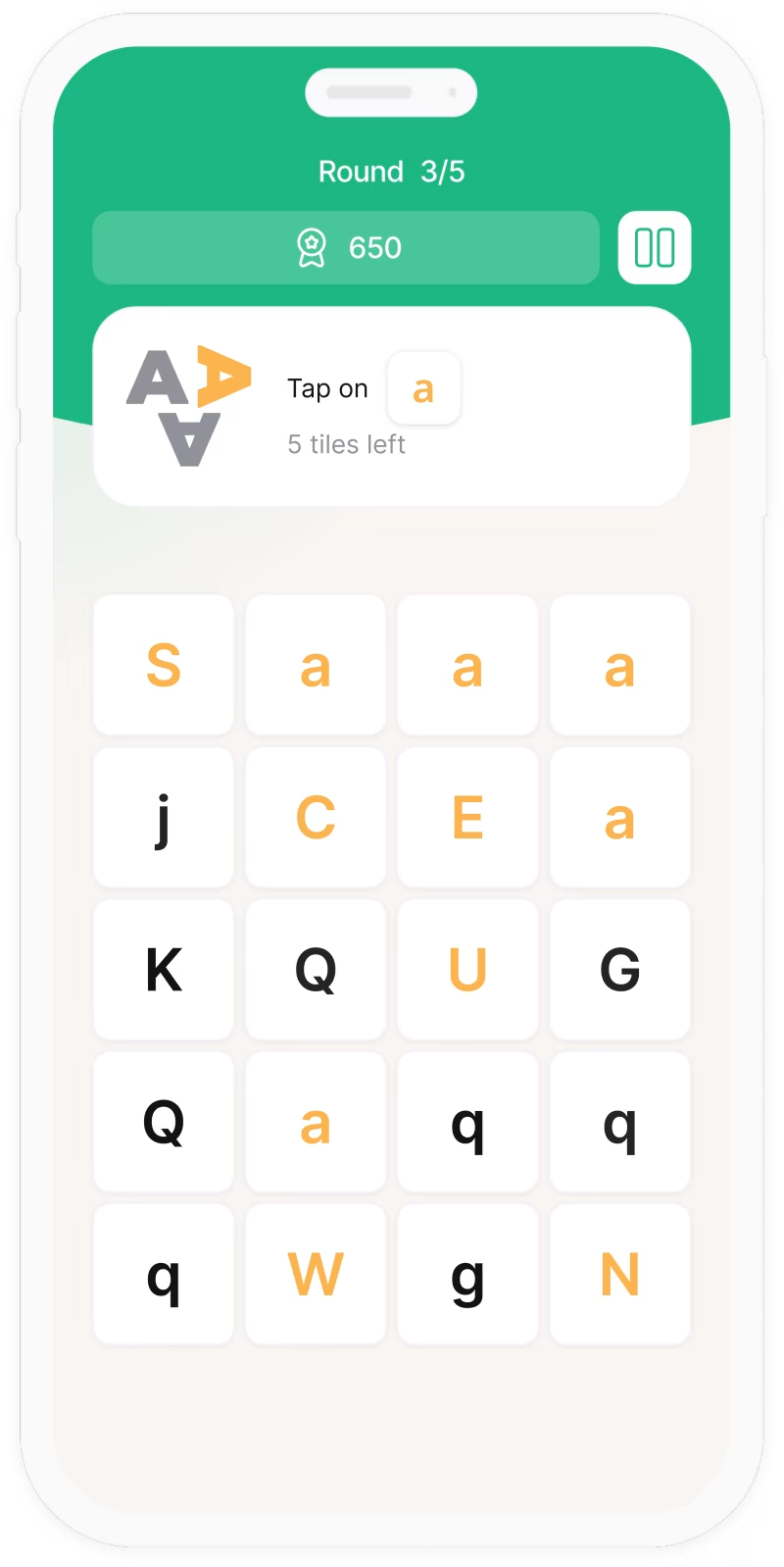If you're an adult with ADHD, you are probably familiar with this scenario: sitting for hours trying to study but making little to no progress, or being accused by teachers of being lazy and just "not trying hard enough" when you miss deadlines or fall behind in your academic work. Frustration. Guilt. Self-doubt. Repeat.
School was probably tough for you, but you thought things would get better in college (after all, now you're studying something you're actually interested in!). To your surprise, it somehow ended up feeling like high school all over again.
Here's the truth: this is not your fault. You're not lazy and you've likely been putting a lot of effort into your academic pursuits. Many adults with ADHD share these experiences because ADHD symptoms can make academic life especially challenging.
So, what exactly are these struggles that are common to adult students with ADHD? Let's dive in.
Students with ADHD often struggle in the academic system. They tend to earn lower grades, are less likely to complete assignments on time, and have more difficulty applying effective study skills compared to their peers without ADHD [1].
One reason this may happen is that, unlike school, college and university life is less structured, and as an adult, you're expected to be an independent learner. These new conditions often add an extra challenge when trying to succeed academically [2].
Unfortunately, students with ADHD are more likely to withdraw from classes and ultimately drop out of school. This can put them at higher social and financial risk over time, since a degree is closely tied to better job opportunities and higher lifetime earnings [2] [3].
Time management is one of the biggest challenges for students with ADHD, and it's often reflected on missed deadlines, incomplete assignments and the inability to follow through with your plans [5].
If you often find yourself losing track of time or realizing you understimated how long a task was going to take, then time management is probably one of your main struggles. You might start studying, only to realize hours have passed and you've barely made any progress. Somehow, what seemed manageable at the beginning of the week turns into a stressful rush at the last minute.
Contrary to popular belief, this is not about laziness or being disorganized, but about the way ADHD affects executive functioning skills such as planning, prioritizing, and staying on task.
ADHD symptoms can make social life challenging. The fear of peer rejection or stigma associated with ADHD and overall mental health struggles, along with the pressure to mask ADHD related symptoms, is usually exhausting and tends to affect overall well-being [2] [4].
Sadly, past academic struggles often leave students with low confidence in their ability to succeed academically. This creates a vicious cycle where doubting yourself becomes an additional barrier to performing well [2]. Does any of these statements sound familiar?
As an adult with ADHD, maybe you are feeling a bit overwhelmed after reading all this. We have good news: research consistently shows that with the right strategies, support, and understanding of how your ADHD symptoms affect your learning experience, adult students can overcome many of these challenges.
In addition to familiar study skills, peer mentorship, and tutor support, technology now offers a range of tools and apps designed to help with time management and cognitive training to enhance organization, focus, and planning skills, making it easier to stay on track and develop the skills needed to succeed in academic settings.
ADHD and academic struggles say nothing about your intellectual ability, they just mean you might need different tools and approaches to succeed!
Whether you're here to focus better, calm your mind, or just feel a little more in control, we’re here to support you. One game at a time.






